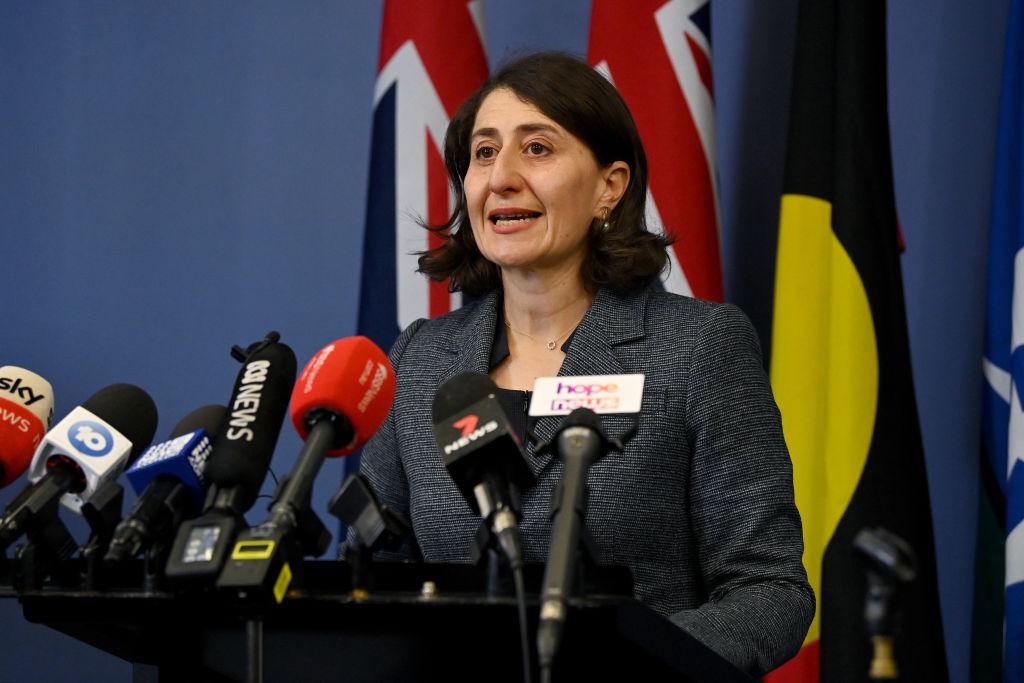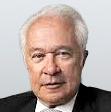Commentary
The resignation of the New South Wales (NSW) Premier Gladys Berejiklian seems to have triggered two fellow ministers to call time on Parliament.


The resignation of the New South Wales (NSW) Premier Gladys Berejiklian seems to have triggered two fellow ministers to call time on Parliament.